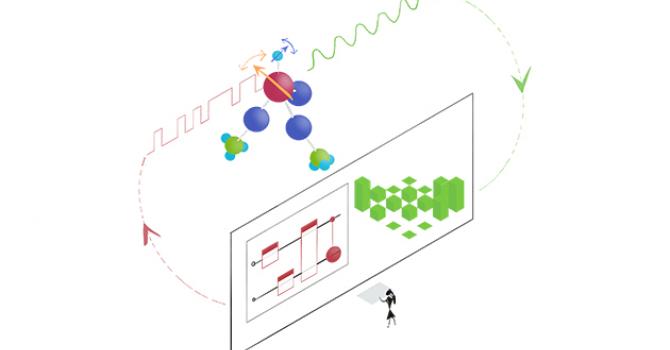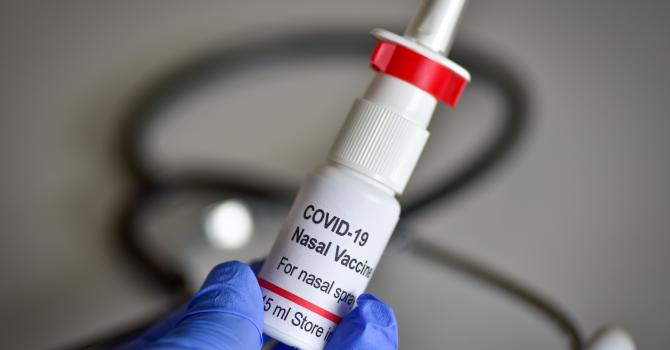Babies gone “crazy”
Dr. Melody Leung, Division of Life Science, explains why the experiment on genetic-editing babies has attracted heavy criticism from around the world.
By Dr. Melody Leung, Division of Life Science, HKUST
On November 26, 2018, Chinese scientist He Jiankui announced the birth of two genetically edited twin babies which sent shock waves around the world. Few weeks ago, mainland Chinese authorities condemned He’s “illegal” action as an act to pursue fame and fortune and warned that he could face severe punishment.
The scientist said his experiment was meant to produce HIV-resistant babies which doesn’t sound half as bad, so why such public outrage? To have a full understanding, we might start by first knowing what the experiment is about — when the twins were in the embryonic stage, the scientists used CRISPR-Cas9 technology to remove a portion of the CCR5 gene before implanting the two embryos in the mother's womb, and a pair of gene-edited twins were born.
The CCR5 gene encodes a protein that HIV strains use to infect T cells of the human immune system. The modified, shorter versions of CCR5 gene should disable the CCR5 protein, thus prevent HIV from invading T cells. Therefore, He claimed that the CCR5 gene-edited twins could resist HIV infection.
The human genome is the blueprint of the body and is not static. Most changes in the genome are natural — like during cell replication and sexual reproduction. Artificial alterations began over a thousand years ago when humans started cultivating livestock. Herds with distinct characteristics were mated according to our needs and preferences. After generations, the "good" features were enhanced and the undesirable ones receded. If we have a history of enjoying the benefits of modifying animal genomes, why all the fuss on gene-edited human babies?
Because these are our children. We must attach a greater responsibility and apply much stricter ethics. CRISPR-Cas9 technology is prone to create changes in genes that deviate from the target (a.k.a. Off-target), meaning gene-edited babies may face unpredictable complications or increased health risks. Having said that, it isn't genetic engineering itself, but the technology which is still immature at this stage that worries us most. If gene-editing is well-developed and we have absolute certainty about which and how a gene should be modified, we probably would practice it in mass scale, but it’s not.
In any case, He’s story has a major catch. We know some Scandinavians are born with a congenital deletion mutation that renders their CCR5 protein dysfunction, however, their immunity to HIV is not absolute. There are cases about people being infected by the virus despite having a pair of mutated CCR5 gene. That means, He hasn’t really achieved a breakthrough, he was merely using an under-developed technology to install uncertain changes in a human body, that was a lame joke if not just being stark crazy.






